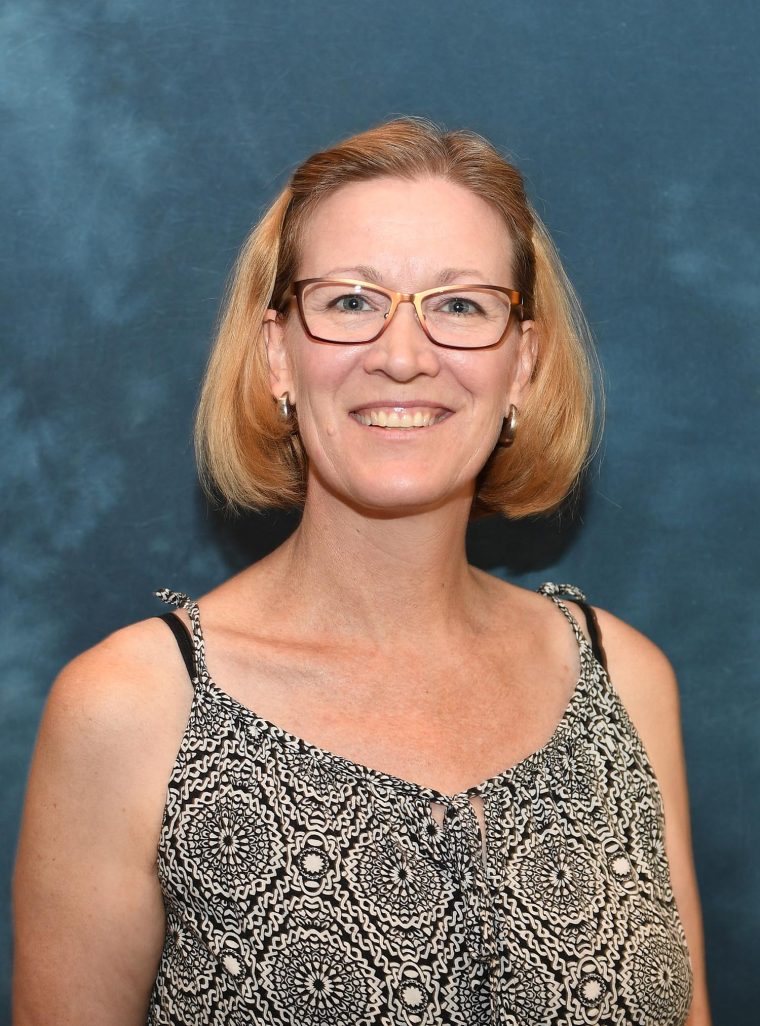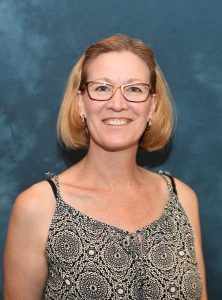Hepford Honored with 2021 Applied Linguistics Research Article Award


A paper co-written by Elizabeth (Beth) Hepford, assistant professor of the practice in TESOL (teaching English as a second language), is the recipient of the 2021 Research Article Award presented by the American Association For Applied Linguistics (AAAL).
According to the AAAL, “the award is bestowed annually upon the author of a published refereed journal article which is recognized by leaders in the field to be of outstanding quality and to hold the broadest potential impact on the advancement of applied linguistic knowledge.”
Titled “An illusion of understanding: How native and non-native speakers of English understand (and misunderstand) their Miranda rights,” the paper was originally published by the International Journal of Speech Language and the Law, Vol. 26, No. 2 in 2019.
The Miranda rights, which state the legal rights of an arrested person under the law, are often misunderstood by suspects. The purpose of the study was to compare the understanding of the Miranda rights among native and advanced speakers of English to determine whether standardized assessments of second language (L2) speakers of English proficiency can predict comprehension of the Miranda rights. Their results show that most L2 participants failed to understand their Miranda rights and “displayed significant disadvantages in basic level processing in comparison to native speakers. Furthermore, they were unaware of the failure: using linguistic resources at their disposal these advanced L2 speakers constructed alternative meanings that created an illusion of understanding.”
At Wesleyan, Hepford also is assistant professor of the practice, education studies, and assistant professor of the practice, English. This spring semester, she is teaching WRCT 110: Academic Writing in the U.S. for International Students and WRCT 135: Writing about Research: U.S. Style.
She’s an applied linguist whose research includes second language development, civics education for English learners (ELs), and how multilingualism is used as a marketing tool. Her research in second language development centers on longitudinal case studies with statistical analyses of the development of language complexity, grammatical accuracy, vocabulary, and fluency under the theoretical framework of complex dynamic systems theory.

